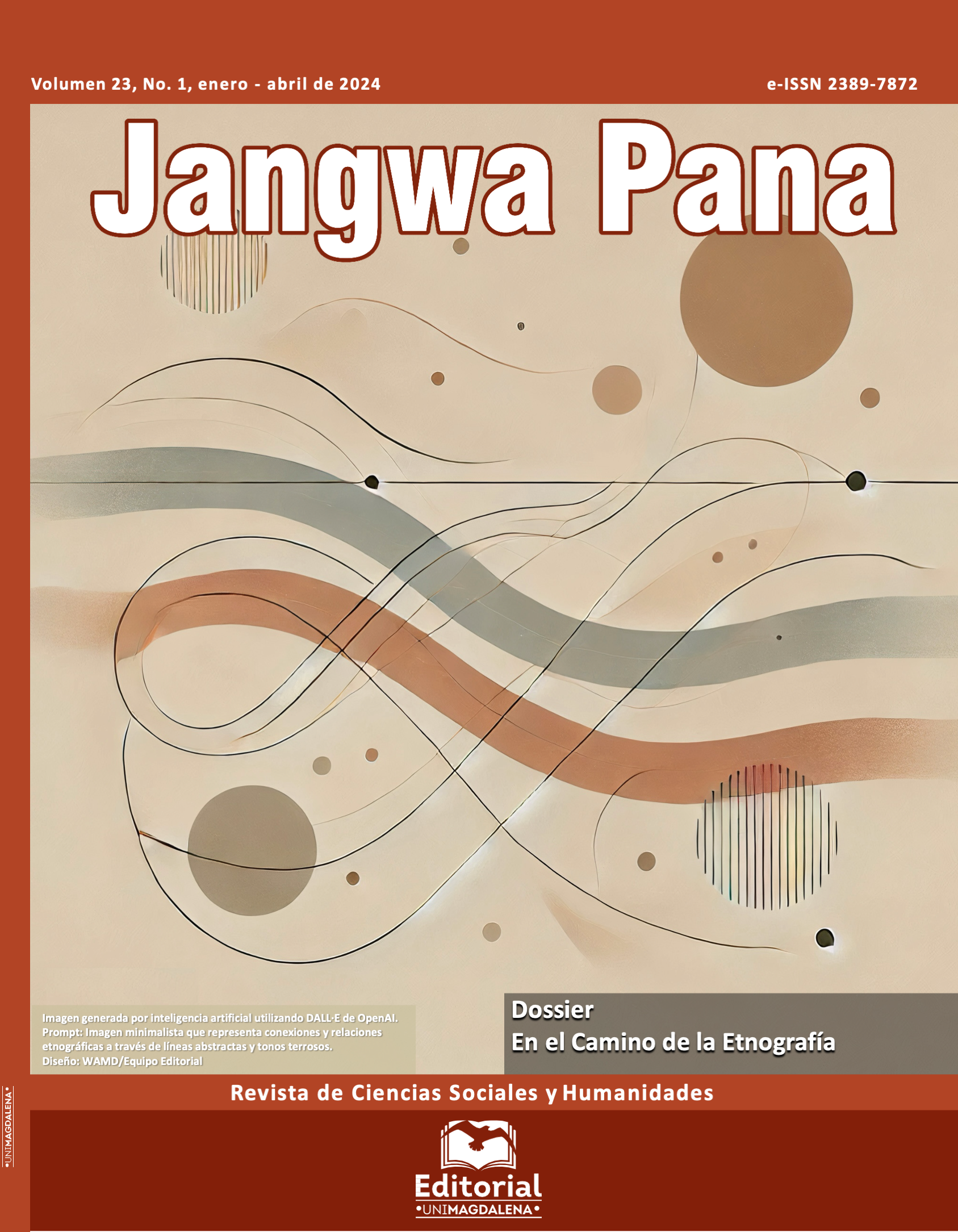From Industrial City to Knowledge City: A Comparative Study of Singapore and Medellín, Mid-20th and Early 21st Centuries
Main Article Content
Abstract
The following article is presented as a reflective exercise in the comparative analysis of two cities that, despite their geographical distance, have conceived similar development models in the search for insertion into global economic dynamics. For this case, Medellin and Singapore were taken as examples since both metropolises have emerged as international models in urban planning and economic growth. For the development of this research, the transition process undertaken by the leaders of both territories to abandon the primary and secondary economic model and move towards a knowledge economy was considered, as postulated by the thinker Saskia Sassen when she argues that modern regions must transform their old material economies (based on the textile industry, mining, agriculture, etc.) towards knowledge-based economies. The study also reflects the underlying differences between the two territories that have produced different results; although the objective was the same (to advocate for innovative societies), local, cultural, social, and political conditions allowed Singapore to rapidly achieve unprecedented economic development while Medellin still retains moderate economic development.
Downloads
Article Details
References
Alcaldía de Medellín. (2006). Acuerdo 46 de 2006: Plan de Ordenamiento Territorial (POT). https://bit.ly/3dLgiXS
Alcaldía de Medellín. (2012). Resumen: Plan de Desarrollo 2012-2015. Medellín, un hogar para la vida. https://bit.ly/2X1MHCV
Alcaldía de Medellín. (2016). Medellín. Construyendo confianza. Publishing and Layout.
Apperti, L. (2015, 11 de agosto). Singapur: ejemplo a NO seguir. Milenio. https://bit.ly/2xHCpz9
Banco Mundial. (2017, 9 de junio). Medellín, laboratorio mundial sobre desarrollo urbano. https://acortar.link/0VIhq9
BBC Mundo. (2015, 9 de agosto). De pantanos a rascacielos: los secretos del fantástico éxito de Singapur. https://bbc.in/2A1rsch
Behrentz, E. (2015, 23 de noviembre). Singapur vs. Colombia (parte I). El Tiempo. https://www.eltiempo.com/archivo/documento/CMS-16439042
Behrentz, E. (2016, 1 de febrero). Singapur vs. Colombia (parte II). El Tiempo. https://www.eltiempo.com/archivo/documento/CMS-16497460
Competencia CAP. (2020). Développement autocentré, développement extraverti. https://bit.ly/3JxVox8
Datosmacro. (2020). Singapur: Economía y demografía. https://datosmacro.expansion.com/paises/singapur
De Koninck, R. (2020). La cité-État de Singapour : l’innovation au service du contrôle social. Hérodote, (176), 201-218.
EDHEC Business School. (2018, 28 de agosto de 2018). Wide Open nos habla de Ruta N, el Centro de Innovación de Medellín. https://www.edhec.edu/fr/news/widexopen-nous-parle-de-ruta-n-le-hub-dinnovation-de-medellin
Faure, M. (1992, 27 de febrero). Batam, l’île usine. L’Express, 80-82.
Fideli, R. (1998). La comparazione. Agneli.
Garay, L. (1998). Colombia: estructura industrial e internacionalización 1967-1996. Cargraphics.
Las 2 Orillas. (2019, 15 de julio). Singapur y Medellín trabajando en conjunto. https://www.las2orillas.co/singapur-y-medellin-trabajando-en-conjunto/
Les Echos. (2018, 22 de mayo). Medellín, la ciudad violenta que se ha convertido en modelo de urbanización. https://bit.ly/2zDUkY8
López, R. (Director). (2017). Relatos mágicos: la colonización antioqueña [Documental]. Teleantioquia.
Martínez, C. (2016, 19 de marzo). Medellín gana el Premio Lee Kuan Yew, considerado el premio de urbanismo más importante del mundo. Plataforma Urbana. https://bit.ly/2L6ukXL
Maxwell, J. (1996). Qualitative research design. An interactive Approach. Sage Publications.
Palatino, M. (2013, 1 de noviembre). Singapur rechaza propuesta para definir línea de pobreza. https://bit.ly/2WDDeRM
Rivera, J. (2018). Potencial exportador de Medellín en tercerización de servicios: retos y fortalezas del sector. Mundo Asia Pacífico, 8(13), 6-18.
Salvá, A. (2015, 10 de agosto). Las dos caras del éxito de Singapur. El País. https://elpais.com/internacional/2015/08/09/actualidad/1439155558_848900.html
Sánchez, A. (2013). La reinvención de Medellín. Lecturas de Economía, (78), 185-227. 10.17533/udea.le.n78a15768
Sassen, S. (2007). El reposicionamiento de las ciudades y regiones urbanas en una economía global: ampliando las opciones de políticas y gobernanza. EURE, (100), 9-34.
Sevin, O. (2012). Existe-t-il un modèle singapourien de développement urbain? Belgeo, (4). https://journals.openedition.org/belgeo/8613
Valencia, J. (2007). Los principios y valores del Estado social de derecho como marco jurídico-político para la resolución de los conflictos. Gestión y Ambiente, 10(1), 105-112. https://revistas.unal.edu.co/index.php/gestion/article/view/1382
Vélez-Tamayo, J. (2014). Medellín: una ciudad hacia el sector servicios y los efectos en el empleo. Memorias, 12(21), 25-39.

